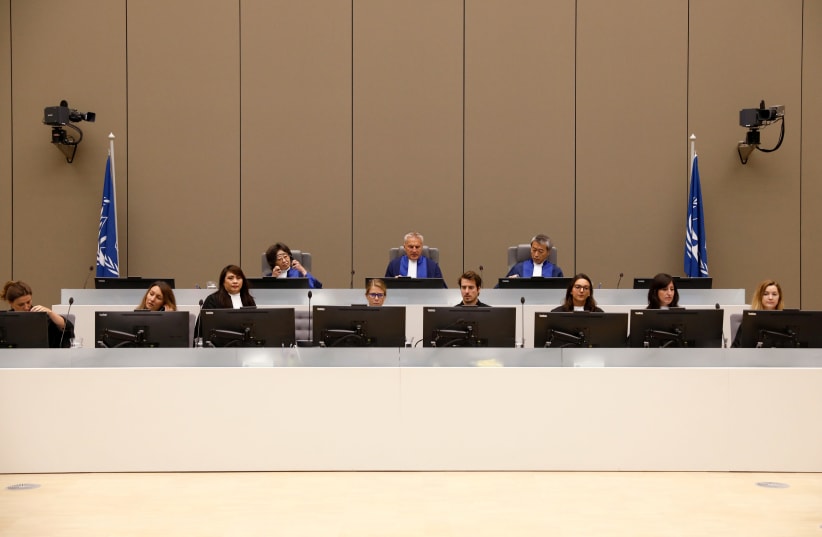IDF, Israeli government lawyers shift from détente to brawl with ICC
Israel also had no direct communications with UNHRC investigators, though Israel found ways to issue public documents or for former officials and others to present its critique of UNHRC criticism.
